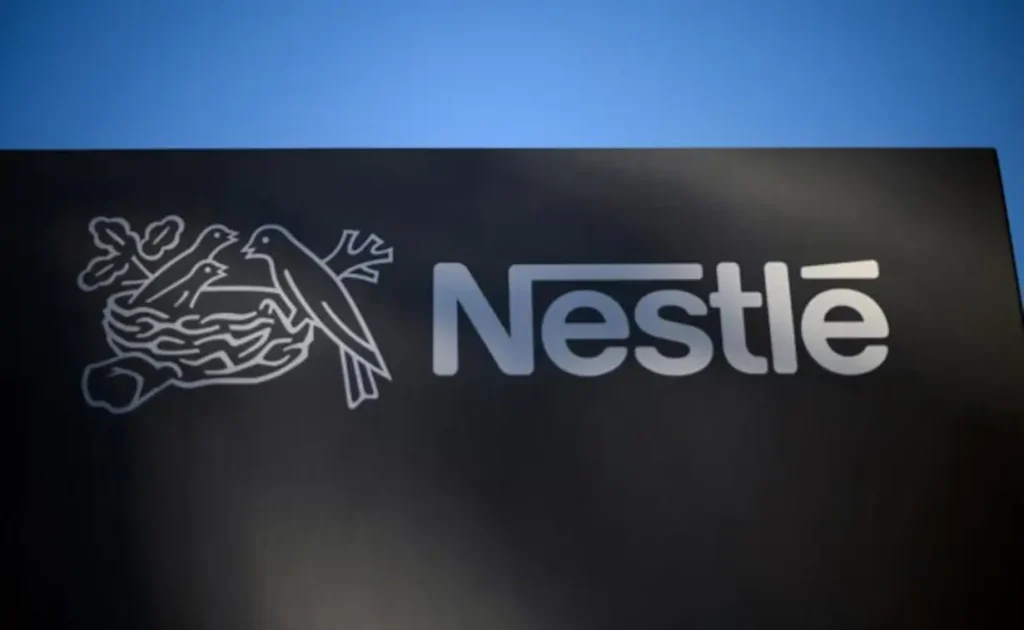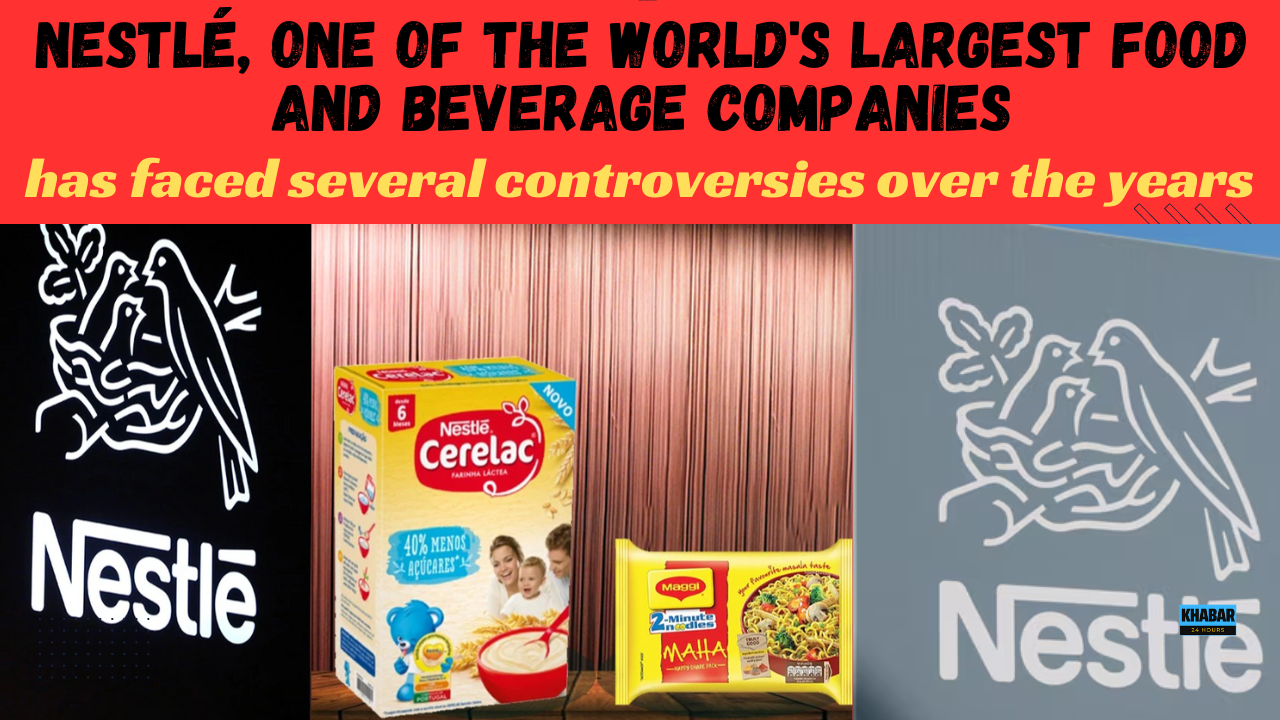
Nestlé Controversies: Unveiling Ethical Concerns in India and Abroad
Added Sugar in Baby Food for Developing Countries
Recent scrutiny reveals Nestlé’s inclusion of sugar and honey in infant milk and cereal products sold in developing countries, contrasting with sugar-free products in Switzerland. The Guardian reported that all Cerelac baby cereal products examined in India contained added sugar, averaging nearly three grams per serving. Nestlé India responded, stating a reduction of up to 30 percent in added sugars across its infant cereal range over the past five years.
Backlash Over Unhealthy Food Portfolio
An internal presentation revealed that 60 percent of Nestlé’s mainstream food and beverage range did not meet recognized health standards. While Nestlé announced plans to update its nutrition and health strategy and review its product lineup, concerns remain over unhealthy offerings.
Maggi Noodles Banned in India
In 2015, Maggi noodles were banned in India after tests revealed the presence of lead and monosodium glutamate (MSG) beyond permissible limits. The withdrawal severely impacted Nestle India, with Maggi’s market share plummeting from 80 percent to zero.
Boycott in the US for Discouraging Breastfeeding
Nestlé faced accusations of discouraging breastfeeding to promote its baby formula in the United States, sparking a boycott that persisted until 1984 when Nestle agreed to adhere to an international marketing code endorsed by the World Health Organization (WHO).
Child Slave Labour Accusations
In 2021, Nestlé faced legal action over allegations of child slave labor on cocoa farms in the Ivory Coast. However, a US District Court dismissed the case in 2022 for lack of standing to sue.
Exploiting Drought-Ridden Areas
Criticism mounted over Nestlé’s water bottling practices, particularly in drought-prone regions like California. Nestlé’s extraction of water from the San Bernardino National Forest since 1988 drew significant backlash.
Among the World’s Top Plastic Polluters
Nestlé’s packaging practices contributed to plastic pollution, with concerns raised over their approach to plastic waste management.
Contaminating Groundwater
Nestlé faced accusations of groundwater exploitation in Pakistan, leading to sinking water levels and contamination. Forensic audits revealed significant water wastage, contradicting management’s assertions.
ALSO READ : “TikTok warns US House Bill threatens free speech as Senate vote looms amid ongoing data concerns”
Conclusion
These controversies have significantly tarnished Nestlé’s reputation, highlighting ethical concerns in its business practices both in India and abroad. Despite efforts to address some issues, Nestlé continues to face criticism and calls for greater transparency and accountability.

